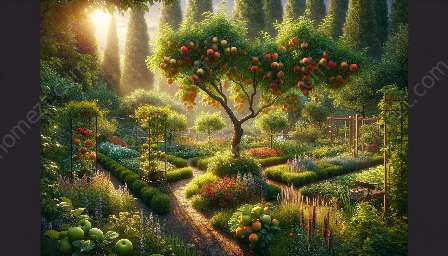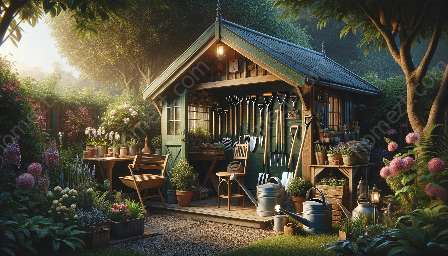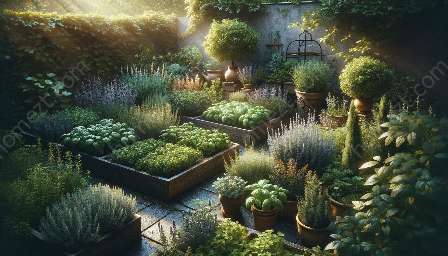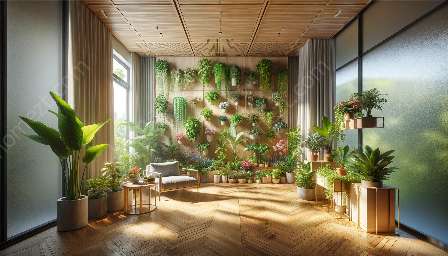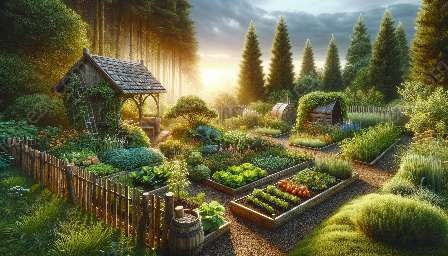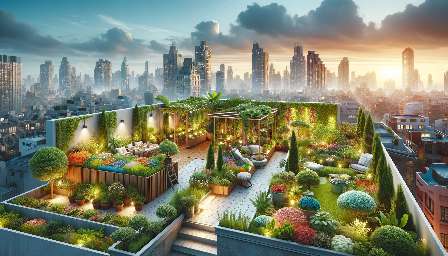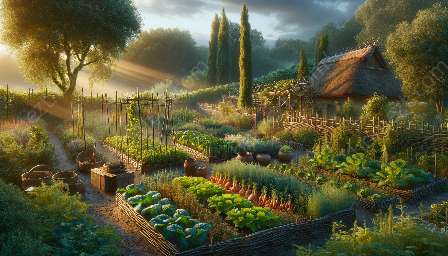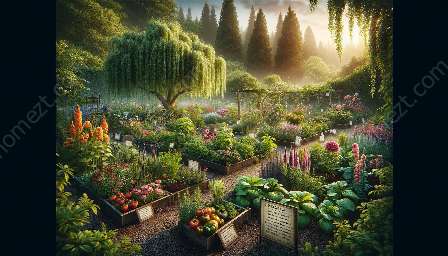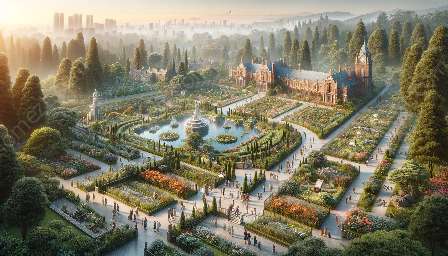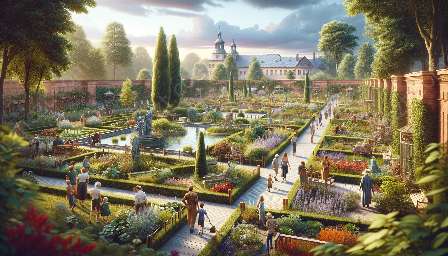Heritage gardening is a rich and multi-faceted practice that extends beyond the mere cultivation of plants. It encompasses the preservation of tradition, the expression of identity, and the promotion of environmental sustainability. In this topic cluster, we will explore the cultural significance of heritage gardening, delving into its historical roots, its impact on communities, and its relevance in the modern world.
The Historical Roots of Heritage Gardening
Heritage gardening has deep historical roots, dating back to ancient civilizations where gardens were not only a source of sustenance but also a reflection of cultural values and beliefs. From the elaborate gardens of the Persian Empire to the meticulously designed European gardens of the Renaissance, the practice of heritage gardening has been intertwined with human history for millennia.
Preserving Tradition
One of the key aspects of heritage gardening is its role in preserving tradition. Many communities around the world have cultivated specific plant varieties for generations, passing down knowledge and expertise from one generation to the next. These heritage plants carry with them the stories and traditions of the people who tend to them, serving as a living link to the past and a testament to the enduring nature of cultural heritage.
Expression of Identity
Heritage gardening is also a powerful means of expressing identity. By growing plants and vegetables that are specific to a particular region or culture, individuals and communities can showcase their unique identity and connection to the land. Whether it's a traditional medicinal garden or a collection of heirloom vegetables, heritage gardening allows people to celebrate their cultural heritage through the cultivation of plants that hold deep significance.
Environmental Sustainability
In addition to its cultural significance, heritage gardening also plays a crucial role in promoting environmental sustainability. Many heritage gardening practices are inherently sustainable, utilizing techniques that have been passed down through generations to minimize environmental impact and preserve natural resources. By maintaining diverse plant varieties and traditional farming methods, heritage gardening contributes to the conservation of biodiversity and the preservation of traditional agricultural knowledge.
The Impact on Communities
The practice of heritage gardening has a profound impact on communities, fostering connections between people and the environment. Community gardens, in particular, serve as hubs for social interaction, knowledge sharing, and cultural exchange. Through collaborative gardening efforts, individuals from diverse backgrounds come together to sustain and celebrate their shared cultural heritage, strengthening community bonds and promoting inclusivity.
Relevance in the Modern World
As the world grapples with environmental challenges and cultural homogenization, the cultural significance of heritage gardening has never been more important. In an era of rapid urbanization and industrial agriculture, heritage gardening serves as a vital reminder of the value of traditional knowledge, biodiversity, and local food systems. Embracing heritage gardening practices offers a pathway to reconnect with the land, preserve cultural diversity, and foster sustainable living in a rapidly changing world.
Conclusion
In conclusion, heritage gardening holds immense cultural significance as a practice that embodies tradition, identity, and environmental stewardship. By exploring the historical roots, impact on communities, and relevance in the modern world, we gain a deeper appreciation for the beauty and depth of heritage gardening. As we continue to honor and cultivate our cultural heritage through gardening, we contribute to a more resilient, diverse, and sustainable future for generations to come.




